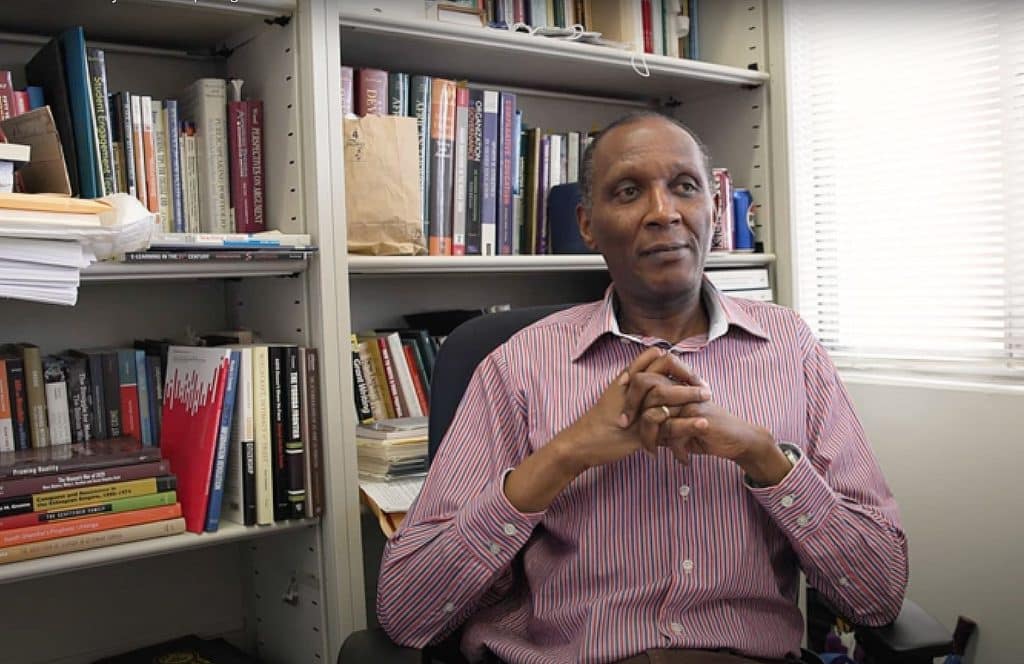Ishmael Munene, a professor in NAU’s Department of Educational Leadership, has received a prestigious Fulbright Scholar Award to teach and conduct research in Kenya for the 2024-25 school year.
A native of Kenya, Munene won’t just spend the year in the classroom with Kenya’s best and brightest, preparing them for careers in teaching and higher education leadership. He’ll also be conducting research that compares the diversity, equity and inclusion initiatives in African universities to DEI initiatives at universities in the United States.
“DEI is the new kid on the block in higher education,” Munene said. “I’m curious to know: How do African universities conceptualize and actualize DEI, and how do their approaches contrast with how American universities do it? What can we learn from each other?”

This topic isn’t new to Munene. For more than two decades, the scholar has studied the unique structures and priorities of African universities, particularly in Kenya, Uganda and South Africa. Over the years, he’s noticed that many major African universities focus mostly on supporting students with visible disabilities and avoid topics such as race and sexual orientation.
“Aside from South Africa, which is the only country in the world that grants equal rights to LGBTQ people in its constitution, African universities tend to play it safe when it comes to DEI,” Munene said. “They are more than willing to get political about physical disabilities and protect students who are blind or hard of hearing, but when it comes to sexual orientation or other invisible differences, they’re very coy.”
He added that in the last decade—particularly since 2016—several major African nations have rolled back rights and protections for racial minorities and LGBTQ people, making it difficult or impossible for universities to openly support those populations through DEI initiatives. In South Africa, leaders recently voted to abolish presidential term limits, which has led some university administrators to suppress the rights of students who come from racial minorities. Last May, Uganda’s socially conservative president Yoweri Musveni signed into law the harshest anti-LGBTQ legislation in the country’s history, imposing the death penalty on those who engage in same-sex acts.
In order to find out how political changes and other factors have influenced DEI initiatives, Munene will interview administrators, student leaders, deans and longtime faculty members about their experiences, paying special attention to the differences in views between those who have studied overseas and those who haven’t. He’ll conduct several detailed interviews at two Kenyan universities, including his alma mater in Nairobi, and he’ll also incorporate research and interviews from time spent in Ugandan and Tanzanian universities.
Munene will also study government laws and previous scientific literature on the topic that has only been published in his native language. He said that between his own original research and pre-existing studies that simply haven’t yet been published online for an international audience, he hopes his work will contribute key insights on higher education DEI in Africa.
“In the West, there’s a big chunk of literature on DEI in higher education, but in many parts of Africa, there’s not a lot,” Munene said. “I think it will be very helpful to bring more attention to this topic so we have a better idea of how different parts of the world are approaching DEI differently. Hopefully it starts conversations about how we can all work together to advance diversity and inclusion.”
Jill Kimball | NAU Communications
(928) 523-2282 | jill.kimball@nau.edu




